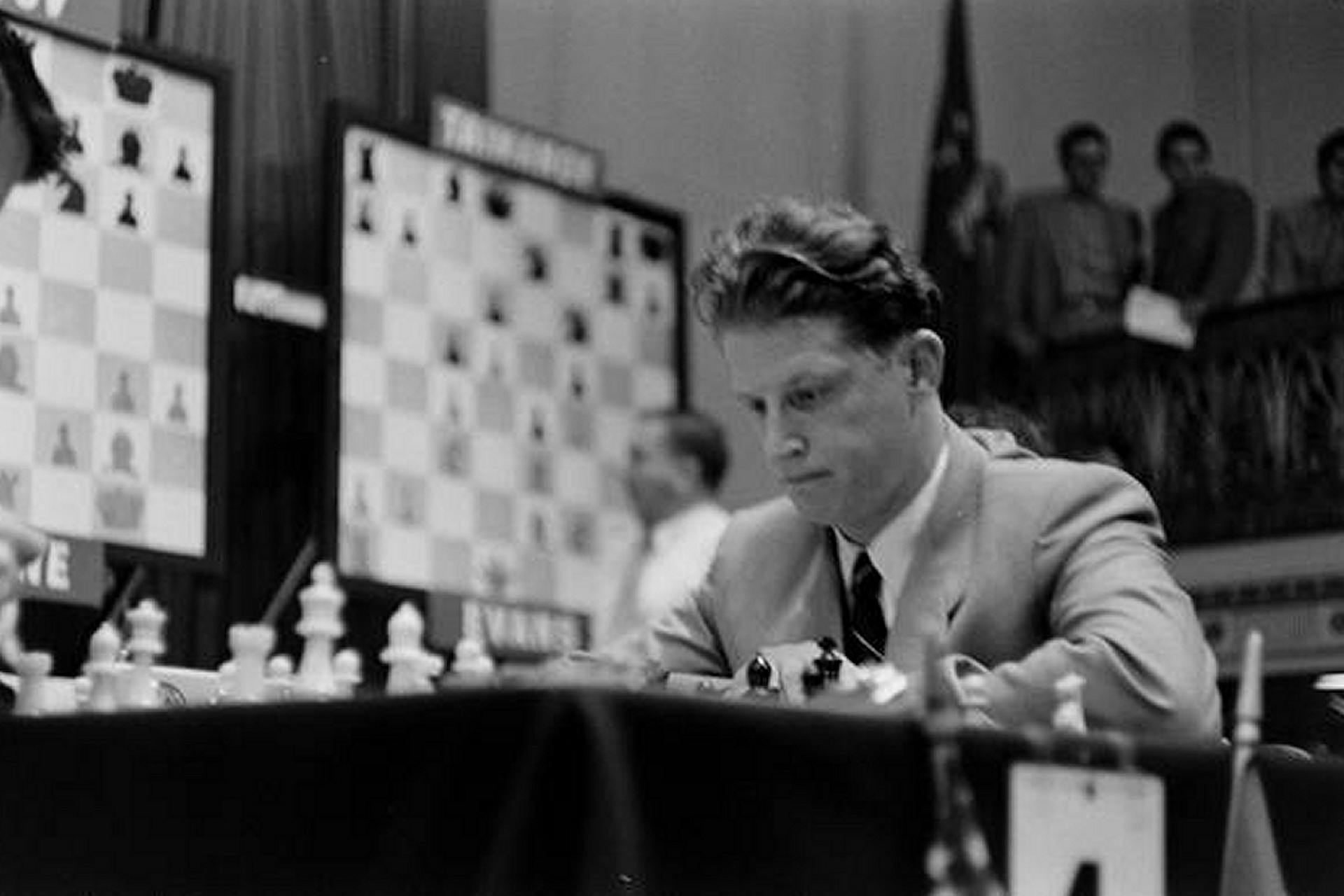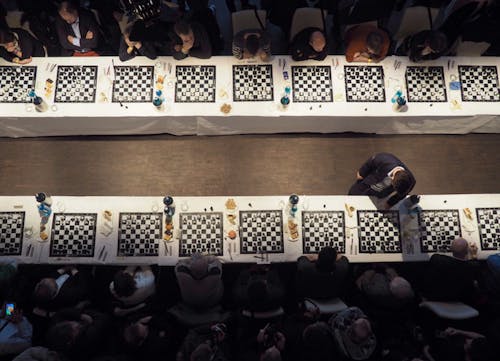Are you sure you want to delete your account?
(This will permanently delete all of your data - purchases, game scores, ratings, etc)
Change your username
Your current username is: guest
Change your account email address
Your current account email is:
Redeem your Fampay code here!
Use your Fampay code to get access to the Play Magnus Plus Membership!

What Is Your Chess Personality?
How do you classify chess players? And how would you reply if someone asked you what your chess personality is?
One simple classification revolves around the elements at which the chess players excel:
- Positional players tend to like closed positions where they can create plans, maneuver pieces around, make favorable trades, employ prophylactics, exploit weaknesses and gradually grind the opponent down in the endgame. Example: Magnus Carlsen.
- Tactical players have an excellent combinational vision. They usually go all out, aiming for the opponent king's throat. Tacticians enjoy having active pieces and an advantage in development and are quite good at sacrificing material for the initiative and handling material imbalances. Example: Shakhriyar Mamedyarov.
- Calculators are similar to tactical players, but they are more concerned about tricks that allow one to win material and/or set traps. The name speaks for itself: they are unstoppable in murky positions where a single miscalculation can be fatal. Also, they usually have somewhat less chess intuition than positional and tactical players, but they are good at crunching the lines, similar to what a chess engine does. As a result, one some occasions, they can make weird-looking moves, but in other cases, they will discover possibilities that other players won't spot. Example: Ian Nepomniachtchi.
Of course, the higher-rated the players are, the more likely they are to be universal, feeling comfortable in any type of chess struggle. Still, even for the very best GMs, you can make an argument for putting them into one of the categories above.

Yuri Averbakh was the only GM in chess history to reach the 100th anniversary.
Coming up next is an alternative classification, even if it is less widely used. According to GM Yuri Averbakh, there are six main types of chess players depending on how they approach the game. Below I will offer an interpretation of each type.
Killers – these people take the result of the game personally and use chess as a means of “breaking a man’s ego”. Notable examples of this type offered by GM Averbakh are Bobby Fischer, Garry Kasparov, Mikhail Botvinnik, and Viktor Korchnoi.
Fighters – they enjoy the process of struggling with the opponent and don’t lose heart even if their position is inferior because they can potentially reverse the tide. Some of the best examples that come to my mind are Arkadij Naiditsch and Valentina Gunina.
Athletes – according to GM Averbakh, for those chess is a sport, just like tennis or soccer. They do their best to win but don’t take the results personally and act like normal humans after the game is over. Yuri believes that Jose Raul Capablanca and Boris Spassky are fine examples of such an attitude.
Gamblers – they love taking risks and competing with others at everything. In a way, this category resembles athletes, if you ask me. Anatoly Karpov is a supreme example: he is a very adventurous and competitive person everywhere – in chess, politics, other board games, and in business. The same goes for Magnus Carlsen.
According to Averbakh, all the world chess champions belong to one of the above-mentioned categories.
Artists – for them, creating a masterpiece or making a fantastic move on the board is more important than the actual outcome of the game. Arguing with Averbakh's claim cited above, I would place Vladimir Kramnik in this category. Coming from an artistic family, he also seems to value the act of creating a masterpiece above the outcome of the game.
Researchers – chess is fuel for thought for them. They enjoy studying endgames, openings, and philosophical issues of chess and normally like correspondence chess more than head-to-head matchups. They are searching for “truth”, i.e., optimal play in every position. GM Yuri Averbakh places himself into this group. The same goes for me.
Now, what category do you belong to? Are you happy about it, or do you feel like changing your approach toward the game?

This blog post is brought to you by the Magnus Chess Academy Team. Make sure to sign up to enjoy the app as soon as it gets released!
P.S. Is there a way to test yourself and find out what your chess personality is? I appreciate Chess.com's idea of creating a special site that allows you to answer a series of questions and find out who your chess role model is. However, I am not a big fan of the implementation, namely, of how the questions are formulated and of some of the tasks presented. IMO, it is more of an entertaining experience than a real "scientific" test.
In this video, you can see GM Hikaru Nakamura taking the chess personality test. Spoiler alert: he didn't get himself as the role model! 😁

